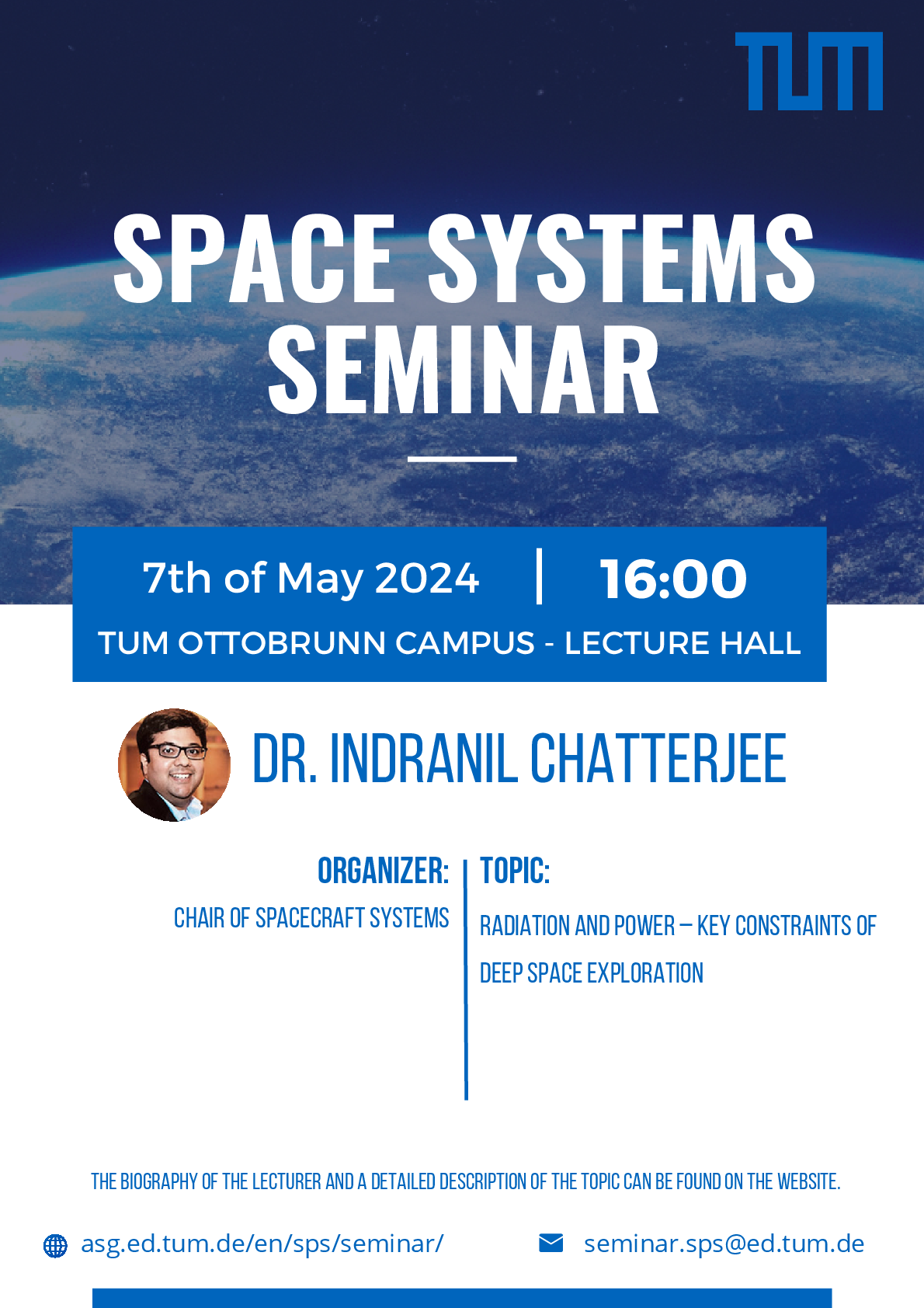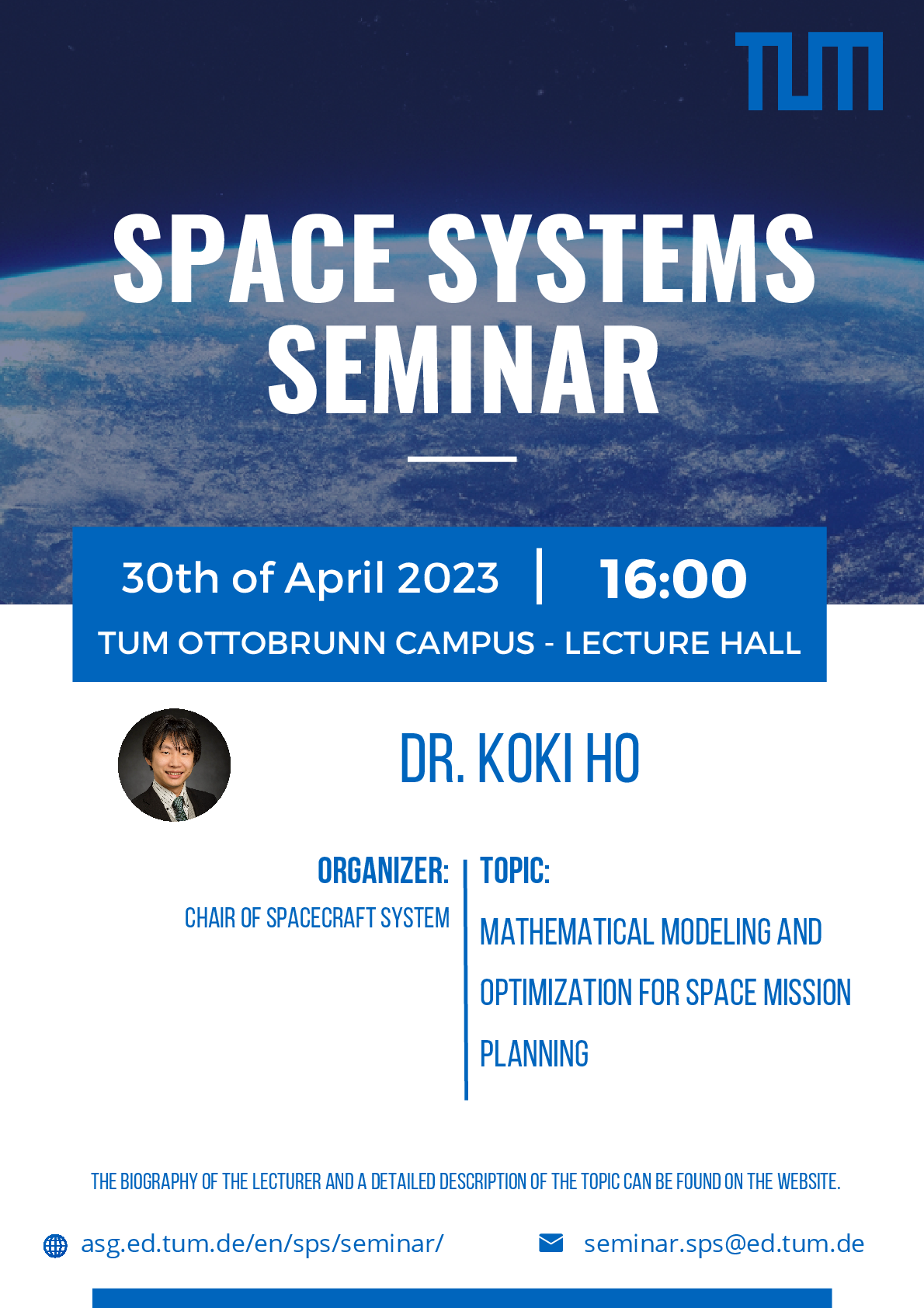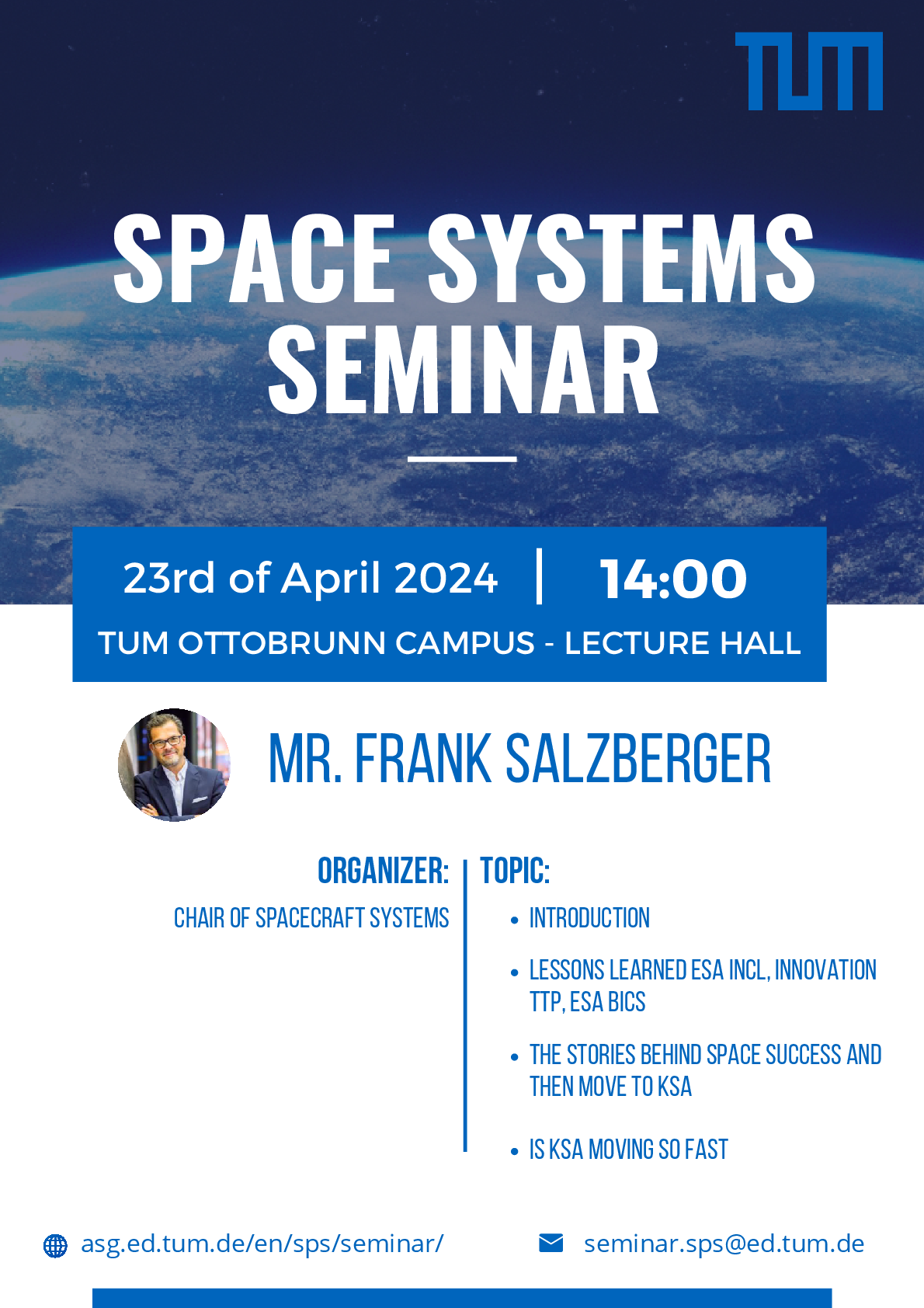Results of EU H2020 project: Prediction of Adverse effects of Geomagnetic storms and Energetic Radiation – PAGER
May 28, 2024, 16:00-18:00

Prof. Dr. Yuri Y. Shprits, is a head of Section 2.8 " Magnetospheric Physics" in the GFZ Heimholz Centre in Postdam.
Yuri Shprits' primarily area of scientific research is understanding the dynamics of the near
Earth space environment that is hazardous satellites. Prof. Shprits has developed codes to quantify the dynamical evolution of the radiation belts. He has also developed codes to quantify quasi-linear scattering rates due to wave-particle interactions. He has quantified the effects of scattering by ELF/ VLF and ULF waves and identified a number of critical effects associated with radial diffusion, local acceleration and loss of the radiation belt electrons. He is an author of over 190 publications, 11 in Nature Publishing Group journals. His h-index is 47.
Education:
• Honors B.Sc., Moskauer Institut für Physik und Technologie, Physik/Angewandte Mathematik, 1997
• M.S., Universität Oklahoma, Meteorologie, 2001
• M.S., Universität Kalifornien, Los Angeles, Atmosphärenwissenschaften (Weltraumphysik), 2004
• Ph.D., GPA 4.0, Universität Kalifornien, Los Angeles, Atmosphärenwissenschaften (Weltraumphysik), 2005
Space Systems Seminar - Prof. Adriano Camps
May 14, 16:00-18:00

Prof. Adriano Camps joined the Dept. of Signal Theory and Communications, Universitat Politècnica de Catalunya (UPC), as an Assistant Professor in 1993, Associate Professor in 1997, and Full Professor since 2007. In 1999, he was on sabbatical leave at the Microwave Remote Sensing Lab., of the Univ. of Massachusetts, Amherst. Since September 2022 he has been an ASPIRE Visiting International Professor at the UAE University, Al Ain, Abu Dhabi. His research interests are focused on: 1) microwave remote sensing, with special emphasis on microwave radiometry by aperture synthesis (Ph.D. Thesis about the MIRAS instrument, which became the single payload of ESA’s SMOS mission), 2) remote sensing using signals of opportunity (GNSS-R), 3) radio frequency interference detection and mitigation, 4) ionospheric propagation, and 5) nanosatellites as a tool to test innovative remote sensors. His publication record includes over 268 papers in peer-reviewed journals, 9 book chapters, and the book Emery and Camps, “Introduction to Satellite Remote Sensing. Atmosphere, Ocean, Land and Cryosphere Applications,” Elsevier, 2017, 860 pages), and more than 541 conference presentations. According to Google Scholar/Scopus, his h-index is 63/48, and his publications have received more than 15.665/10.817 citations. According to the October 2023 Stanford ranking, he is among the top 2% of researchers in all categories.
Space Systems Seminar - Dr. Indranil Chatterjee
May 7, 2024, 16:00-18:00

Dr. Indranil Chatterjee received his M.S. and Ph.D. degrees in electrical engineering from Vanderbilt University, USA in 2014. From 2014 to 2016, he worked with the University of Bristol, UK as a Postdoctoral Scientist in GaN power device development and reliability. Since 2016, he is with Airbus in Friedrichshafen, Germany where he is presently the Airbus eXpert in Discrete and Integrated Semiconductor Devices involved in R&D, design, radiation and reliability analysis of critical electronic systems for satellites and interplanetary probes. His research interests include Semiconductor Device Physics, Reliability, Radiation Effects, and, Novel Devices. Dr. Chatterjee is a Senior Member of IEEE, and has authored and co-authored more than 50 publications in international journals and conferences, and, has delivered keynotes and invited talks in US, Europe, Asia, and Australia.
Space Systems Seminar - Dr. Koki Ho
April 30, 2024, 16:00-18:00

Dr. Koki Ho is the Dutton-Ducoffe Professor, Associate Professor, and the director of the Space Systems Optimization Group in the Daniel Guggenheim School of Aerospace Engineering at the Georgia Institute of Technology. His research focuses on developing modeling and optimization methods for rigorous space mission analysis and design. Dr. Ho earned his Ph.D. at MIT and his bachelor’s and master’s degrees at the University of Tokyo. He is the recipient of the NSF CAREER Award (2020), the NASA Early Career Faculty Award (2019), the DARPA Young Faculty Award (2019), and the Luigi Napolitano Award (2015), and he is a co-author of one of the most downloaded Acta Astronautica articles. Dr. Ho currently serves as a Steering Committee member of the NASA-funded Consortium for Space Mobility and ISAM Capabilities (COSMIC) and the Chair of the AIAA Space Logistics Technical Committee.
Space Systems Seminar - Mr. Frank Salzgeber
April 23, 2024 at 14:00-16:00
In January 2023 Frank was appointed as Acting Vice Governor of Space Sector at Communication, Space and Technology Commission (CST) and was holding the position as Managing Director of Space Sector of the Saudi Space Agency (SSA) before. Frank supports the build-up and operation of the Space programmes and Space sector of the Kingdom of Saudi Arabia.
20 years ago, Frank started to work for the European Space Agency (ESA) as Head of Innovation and Ventures Office building the largest Space entrepreneurship network in the world, the ESA BICs. His ESA team initiated over 380 industry transfers and aided over 1,500 start-ups. Additionally his office supported over 1,000 downstream business cases. During his ESA career he also headed the Technology Transfer Programm Office (TTPO) as well as the Commercial Development for Human Spaceflight and Exploration unit.
Before joining ESA, Frank held the position of Founder and CFO / COO for an IT start-up, headquartered in Munich, Germany. Frank also spent seven years at Apple Computer, now Apple Inc., as an account and sales manager, responsible for Central Europe.
Frank believes: “We all need more Space”.
